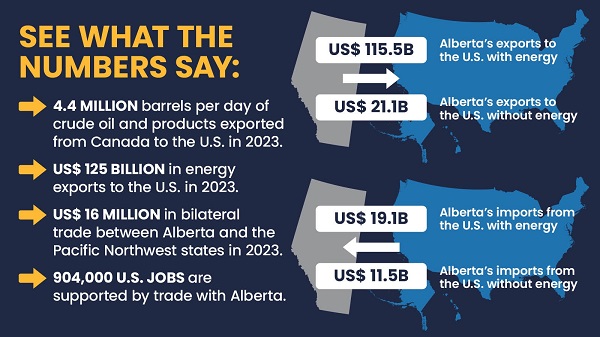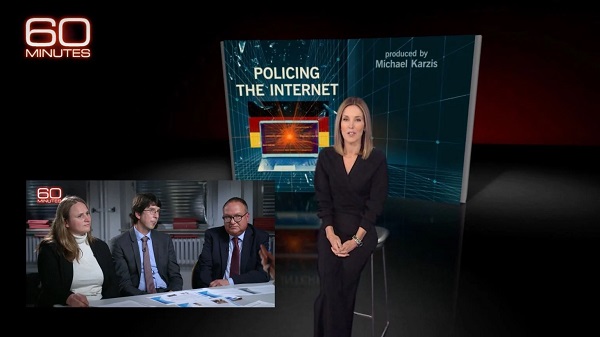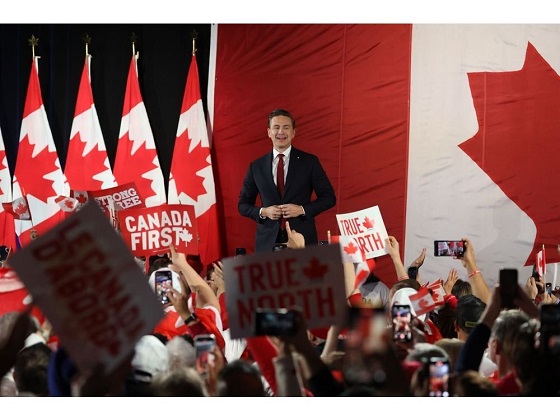International
Dan Crenshaw says he’ll “f*cking kill Tucker Carlson” on video

 MxM News
MxM News
Quick Hit:
Republican Texas Rep. Dan Crenshaw was caught on video saying he would “f*cking kill” Tucker Carlson if he ever met him, only to deny the threat shortly afterward. The footage, released by GB News, contradicts Crenshaw’s denial and raises questions about his remarks toward the Daily Caller co-founder.
Key Details:
- GB News reporter Steven Edginton posted a video showing Crenshaw making the violent comment after an interview in early February.
- Crenshaw denied the accusation when questioned by Rep. Marjorie Taylor Greene, responding with “lol, no” on X.
- GB News then released a video where Crenshaw explicitly stated he would “f*cking kill” Carlson, doubling down when Edginton initially laughed it off.
Diving Deeper:
The controversy began when GB News reporter Steven Edginton shared on X that Crenshaw made the threat after an interview earlier this month. According to Edginton, when he asked Crenshaw if he had ever met Tucker Carlson, Crenshaw responded, “I would kill him if I saw him.” When Edginton laughed, Crenshaw reportedly reiterated, “No seriously, I would kill him.”
After Edginton’s post, Republican Georgia Rep. Marjorie Taylor Greene publicly questioned Crenshaw about the accusation. Crenshaw responded dismissively, writing, “lol, no.” However, less than 30 minutes later, GB News released a video that contradicted Crenshaw’s denial.
The footage showed Edginton asking, “Have you ever met Tucker?” as the two removed their microphones. Crenshaw responded, “No, we’ve talked a lot on Twitter. If I ever meet him, I’ll f*cking kill him.” Edginton laughed, but Crenshaw continued, “No, seriously, I’ll kill him. He’s the worst person I’ve ever met.”
The release of the video prompted widespread backlash and demands for clarification. The Daily Caller reached out to Crenshaw’s office for comment, and a spokesperson responded, “No, of course not,” when asked if the statement was serious.
Crenshaw’s remarks are particularly controversial given his position as a sitting U.S. Congressman. Threats of violence, even if intended as a joke, carry serious implications and have sparked debate over the tone of political discourse in America.
This incident also adds to the ongoing tension between Crenshaw and Tucker Carlson, who have clashed over policy issues and public commentary. Carlson has been a vocal critic of establishment Republicans, a group with which Crenshaw is frequently associated.
The fallout from Crenshaw’s comments is likely to continue as political figures and media outlets react to the video. Neither Crenshaw nor Carlson have issued further statements regarding the incident at the time of this report.
“Dan Crenshaw” by Gage Skidmore, licensed by CC BY-SA 2.0.
espionage
CNN warns angry deep state workers might sell U.S. secrets out of spite

 MxM News
MxM News
Quick Hit:
CNN has raised alarms about potential risks to national security if President Donald Trump moves forward with plans to reduce staffing in intelligence agencies, particularly the CIA. The report suggests that disgruntled employees could be tempted to sell state secrets if they are fired, highlighting the delicate balance between maintaining national security and trimming government bureaucracy.
Key Details:
- CNN’s report warns that mass firings at the CIA could make dismissed employees prime targets for foreign intelligence recruitment.
- The article relies heavily on anonymous sources, raising concerns about credibility and journalistic standards.
- Critics argue that if employees are willing to sell secrets out of resentment, they shouldn’t be trusted with sensitive information in the first place.
Diving Deeper:
CNN’s recent article, “How Trump’s Government-Cutting Moves Risk Exposing the CIA’s Secrets,” suggests that reducing the workforce at the CIA could have severe national security implications. According to the report, current and former intelligence officials are concerned that dismissed employees may become vulnerable to recruitment by foreign adversaries such as China or Russia. The article implies that financially stressed or bitter former employees could sell classified information to the highest bidder, potentially jeopardizing U.S. intelligence operations.
The report, written by Katie Bo Lillis, Phil Mattingly, Natasha Bertrand, and Zachary Cohen, relies heavily on unnamed sources, citing “current and former US officials familiar with internal deliberations.” Critics have pointed out that the extensive use of anonymous sourcing raises questions about the report’s reliability and objectivity. In fact, CNN uses unnamed sources 18 times throughout the article, only once attributing a quote to a named individual, Joseph Gioeli of the Fiscal Service.
This narrative raises an uncomfortable question: If intelligence personnel are indeed likely to betray their country over job loss, why are they entrusted with national secrets in the first place? Beth Brelje, writing for The Federalist, argues that if employees have such weak loyalty, they should be removed from sensitive positions immediately. “Those with too little integrity to exit with grace should not be employed in jobs with access to sensitive information,” Brelje writes, highlighting the paradox in CNN’s portrayal of these individuals as both valuable assets and potential security threats.
Critics also suggest that CNN’s coverage reflects a broader media agenda to undermine Trump’s efforts to reform government agencies. By framing standard budget cuts and workforce reductions as national security risks, the narrative portrays Trump’s cost-cutting measures as reckless rather than fiscally responsible. This perspective aligns with concerns that the media is attempting to protect entrenched bureaucracies that have historically served as sources for politically charged leaks.
The implications of this report are significant. If CNN’s warnings are accurate, then the integrity and loyalty of the nation’s intelligence community must be questioned. On the other hand, if the article is merely speculative propaganda, it raises concerns about the media’s role in shaping public perception with anonymous claims and vague threats. As President Trump continues to implement government reforms, the question remains: Who truly poses the greater risk to national security — the whistleblowers or the bureaucrats they expose?
conflict
Europe’s Heads of State Have Learned Nothing from 170 years of history
By John Leake
With the exception of Viktor Orban, Europe’s so-called leaders have a learning disability of miraculous proportions.
While the Congress of Vienna (1815) seemed to inaugurate a new era of hope for peace in Europe, Europe’s leaders couldn’t resist the siren song of bloodyminded pigheadedness that drew them into the Crimean War (1853-1856) in which Britain and France thought it more sensible to side with the Ottoman Turks than with Russia over various religious and territorial disputes in the Black Sea that are now too tedious to recount.
The only redemptive feature of the Crimean War—at least on the British side—is that members of the ruling class that wanted the war were willing to serve on the front line of it. Lieutenant-General James Thomas Brudenell, 7th Earl of Cardigan, was notorious for his aristocratic haughtiness and extravagance. He also achieved legendary status for leading the Charge of the Light Brigade during the Battle of Balaclava, immortalized in Tennyson’s poem.
Watching Cardigan charge directly into a Russian battery, the French commander, Pierre Bosquet remarked: “C’est magnifique, mais ce n’est pas la guerre: c’est de la folie (“It is magnificent, but it is not war: it is madness.”).
After the British and French backed the Ottomans against the Russians in the Crimean War, they backed the Russians against the Germans, Austrians, and Ottomans during the Great War of 1914-1918. When it came to drafting the Treaty of Versailles, the Allies were more interested in ascribing blame to the Germans than in making a lasting peace. This led to World War II, when British and the French backed the Russians once again against the Germans and the Austrians—this time with the Turks joining their side.
After World War II, the Americans thought it more important to create a lasting peace than to punish Germany again, so they chose the Marshall Plan instead of the punitive Morganthau Plan.
At the war’s conclusion, erstwhile allies U.S. and Russia, became mortal enemies in a Cold War in which they threatened each other with nuclear annihilation. At the conclusion of the Cold War, Washington decided to revert to the spirit of the Treaty of Versailles to kick Russia while it was down and to maintain a state of enmity with it instead of taking pains to incorporate it into the West.
In its great sagacity, the Trump administration has recognized that there is nothing to be gained for the American people by continuing the U.S. proxy war against Russia in Ukraine. Trump and his people recognize the reality that it would be far better to have a mutually respectful and beneficial relationship with Russia than to continue threatening it and maintaining a state of enmity with it.
Trump starkly contrasts with Europe’s so-called leaders, who wish to keep the Great Game pissing contest with Russia going. Like 15-year-old female rivals on a high school cheerleading squad, they find it more important to ascribe blame in the West’s longstanding conflict with Russia than to find a peaceful solution to it. All the phony expressions of solicitude for the people of Ukraine are pure humbug. Europe’s so-called leaders are perfectly happy to continue sending young Ukrainian men to their deaths and they will work hard to undermine Trump’s efforts to end the killing.
I would wager a large sum that not a single European head of state with the exception of Viktor Orban could—without referring to an Encyclopedia—provide an account of the various disputes, touchy matters of honor, and attributions of blame that were the casus belli of the Crimean War, the Franco-Prussian War, the First World War, or the Second World War. They are ignorant, childish brats who have learned nothing from European history.
I never thought I would say that President Trump must have the patience of a saint to suffer Europe’s irritating parcel of whiny, mercenary, and malevolent wimps.
Subscribe to FOCAL POINTS (Courageous Discourse).
For the full experience, upgrade your subscription.
-
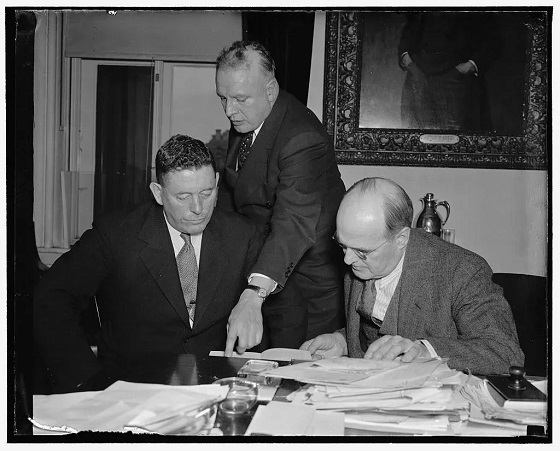
 Addictions2 days ago
Addictions2 days agoDoes America’s ‘drug czar’ hold lessons for Canada?
-
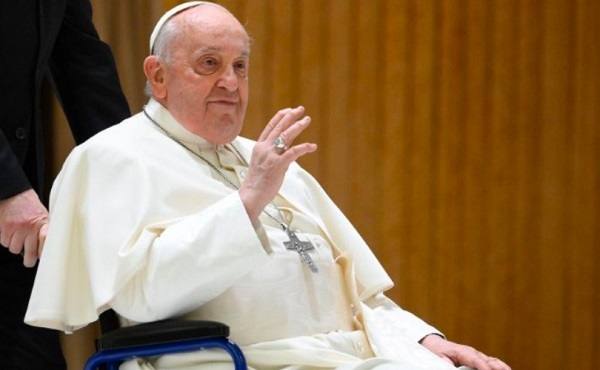
 International2 days ago
International2 days agoVatican reports ‘slight improvement’ in Pope Francis’ condition
-
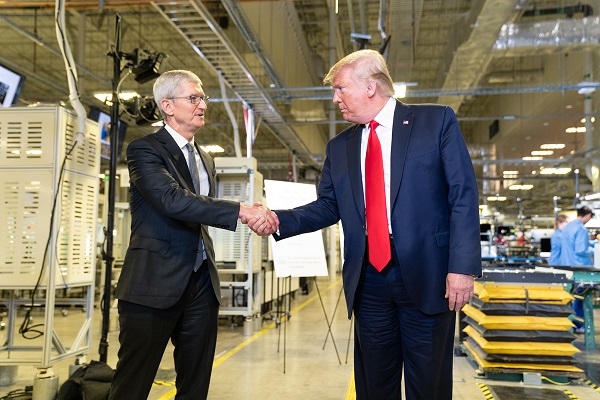
 Artificial Intelligence2 days ago
Artificial Intelligence2 days agoApple bets big on Trump economy with historic $500 billion U.S. investment
-
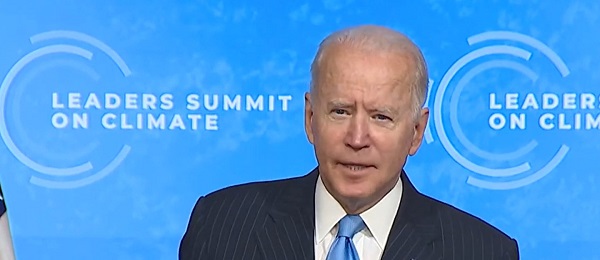
 Business2 days ago
Business2 days agoBiden’s $20B grant to climate groups involved “self-dealing”
-

 Agriculture2 days ago
Agriculture2 days agoHow USAID Assisted the Corporate Takeover of Ukrainian Agriculture
-

 Bruce Dowbiggin2 days ago
Bruce Dowbiggin2 days agoWayne’s World Has Moved South. Canadians Are Appalled. Again.
-
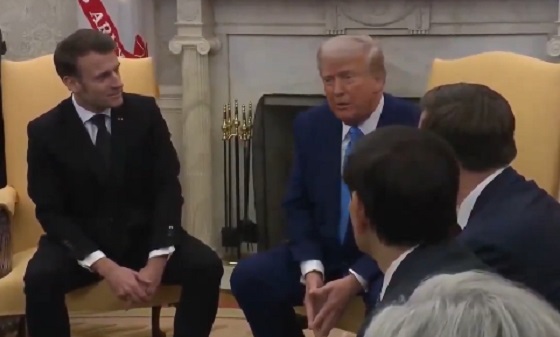
 conflict2 days ago
conflict2 days agoTrump meets Macron at White House, says Ukraine war ending soon
-
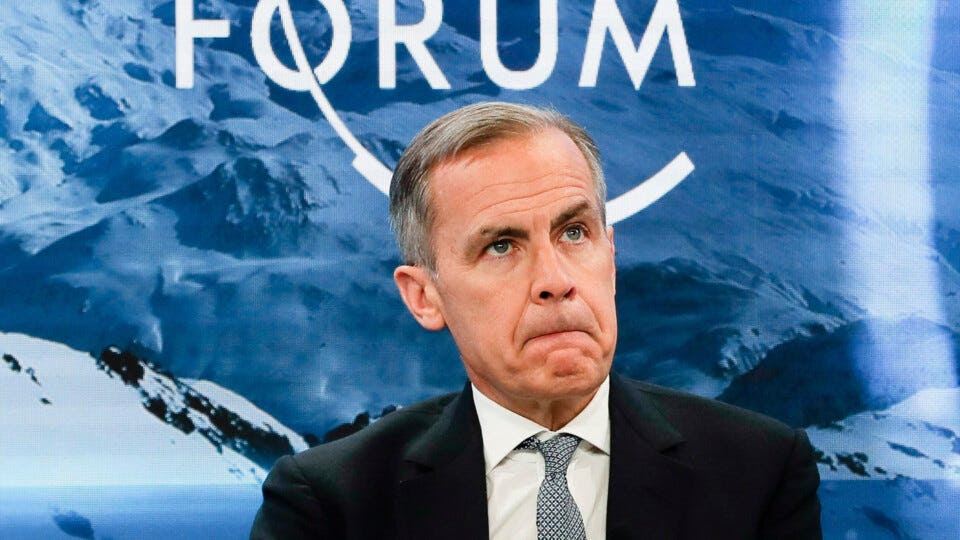
 National1 day ago
National1 day agoMark Carney’s Shocking Debate Meltdown



